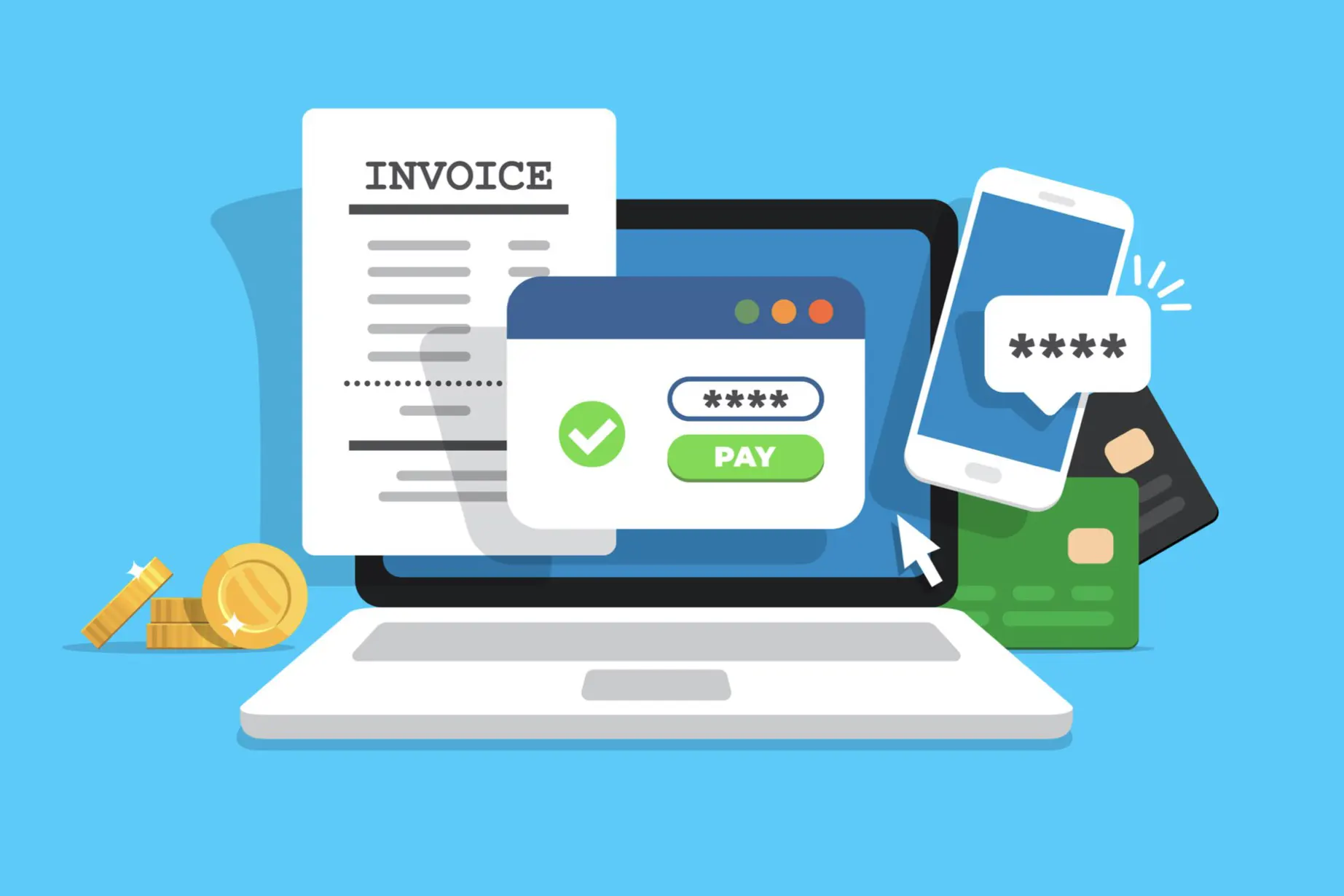
Definition of you get what you pay for
—used to say that a thing that can be bought for a very low price probably isn’t very good, “That cheap camera I bought is broken already.” “Well, you get what you pay for.”
“You get what you pay for.” Merriam-Webster.com Dictionary, Merriam-Webster
https://www.merriam-webster.com/dictionary/yougetwhatyoupayfor
Or
Inexpensive goods or services are likely to be inferior, as in That vacuum cleaner fell apart in a year—I guess you get what you pay for, or The volunteers take three times as long with the mailing, but you get what you pay for. This economic observation probably dates from ancient times but is disputed by those who do not equate high price with high quality.
https://www.dictionary.com/browse/you-get-what-you-pay-for
And, finally
Cheap ass people who refuse to pay for quality and/or experience always end up buying super cheap goods or services below the ‘it’s too good to be true’ mark. Then when said goods break, fall apart, stop working, or they are not happy with the service they were promised, they are genuinely surprised and will bitch to anyone within hearing distance of them that they got ‘ripped off’.
Literal meaning: if you buy a cheap product or service, 9 times out of 10 you will be disappointed as it will not live up to your (unrealistic) expectations. Get a clue and start buying quality stuff!
https://www.urbandictionary.com/define.php?term=you%20get%20what%20you%20pay%20for
There it is, in three widely divergent definitions from a simple search. They do all mean the same thing, more or less. The question here is in how it affects the typical bid process.
Generally, it is the job of the contracting officer to find the lowest bidder that can actually perform the work as described in the Request for Proposal and according to the design standards. Differences in bids can materialize when the proposals are examined closely and applied to the ultimate standard of best technical and most complete. Any incomplete or imprecise bid should be questioned deeply with the goal of bringing it into truly fair comparison with all the competing bids. The temptation of taking a very low bid can be inviting, but the bottom line is that most often, almost always, something is amiss. The low bid proposal, or just plain cheap one, has scope gap which will lead to additional costs and change orders or just shoddy work which invariably will follow a job performed on the cheap, even if the project makes it to successful completion.
There are as many variations in bids as there are bidders. But the outlying low bid can indicate there is a level of vagueness, error, or incomplete understanding in that proposal. Asking for a schedule of values may indicate exactly where that deviation lies in a specific low bid. The low bid contractor may just not fully understand the scope of the project or may have made an honest mistake in calculations. It remains that it is fundamentally important to ensure all bids address the same criteria.
Projects completed with inferior materials, cutting corners and risk exposure are all reasonable outcomes for low bid, or cheap, projects; real ‘get what you pay for’ ventures. The average contractor is not in a position, either experientially or educationally, to make changes to a customer’s design. Not included in this examination is the design/build projects. There is an inherent advantage in the ability to professionally address value engineering of a project. Generally, this is the only type of project that can eliminate unnecessary design excesses and expenses. Only an experienced, knowledgeable engineer or designer can take out unnecessary outlay without compromising the entire project.
But what is the science behind understanding and perception of ‘you get what you pay for’? Recent research by Baba Shiv, associate professor of marketing at the Stanford Graduate School of Business, indicated that there are significant, testable outcomes from making a low bid purchase. To be clear, this study was not performed on construction projects. The study was largely performed in the marketplace, including advertising and marketing. Still, the results are relevant. The upshot is that there are strong behavioral effects in pricing. Excerpted from the article:
“Price can have strong behavioral effects,” said Shiv, who co-wrote the paper with Ziv Carmon, an associate professor of marketing with INSEAD business school in Fontainebleau, France, and Dan Ariely, a professor of marketing science at the Massachusetts Institute of Technology…. What makes this new study different from previous research is that it shows marketing actions can affect more than just judgments and subjective consumption experiences—going so far as to change actual consumer behavior….Shiv said “Then, once these expectations are activated, they translate into self-fulfilling prophecies that actually impact our behavior.”…
Additionally,
It has long been known that consumers’ beliefs and expectations influence their judgment of products and services. For example, consumers often judge lower-priced items to be of lower quality. Consumers’ beliefs also can affect their subjective experiences. In one well-known study, beer was rated as better tasting when it had a favorite brand’s label than when it was unlabeled. What makes this new study different from previous research is that it shows marketing actions can affect more than just judgments and subjective consumption experiences—going so far as to change actual consumer behavior.
“We have these general beliefs about the world—for example, that cheaper products are of lower quality—and they translate into specific expectations about specific products,” Shiv said. “Then, once these expectations are activated, they translate into self-fulfilling prophecies that actually impact our behavior.”…
And,
In each of three different studies, participants were given energy drinks that supposedly make consumers feel more alert and energetic. Some participants paid full price for the drinks; others were offered them at discounted prices. The participants were then asked to solve a series of word puzzles. In all three studies, the people who paid discounted prices consistently solved fewer puzzles than the people who paid full price for the drinks….
Shiv said that he and his fellow researchers were struck by the strength of the research results. “We thought pricing might shape behavior at the margins, but it turned out to be a pretty strong effect across the board,” he said. “We ran the study again and again, not sure if what we got had happened by chance or fluke, but every time we ran it we got the same results.” Moreover, said Shiv, it was clear from the studies that people had no idea that price was actually influencing their performance. “The results signaled to us that this was largely a non-conscious effect,” he said.
https://news.stanford.edu/news/2006/january18/shiv-011806.html
On the other end of the spectrum, there is a Cornell study that concluded even though a more expensive product may get a more favorable review, it doesn’t necessarily mean consumers will buy it. We have certainly seen that in contracting!
Based upon this information, the advice is that being the most expensive probably won’t get you the job, but if your low bid is accepted the customer will certainly expect an inferior product. There goes your reputation, unless you are only striving to attain a reputation for always delivering what your customer paid for; low bid dissatisfaction. The underlying truth remains that while the high bid is not necessarily the best, in most cases the low bid is the worst.
THE ‘YOU GET WHAT YOU PAY FOR’ CHOICES:
Good, Fast, Reasonable, Cheap.
Good & Fast = Expensive:
Choose good and fast and every effort is made to postpone every other job, cancel all appointments, and just to get the job done. Don’t expect it to be cheap.
Good & Reasonable = Steady, On Schedule, On Time:
Choose this one and you have a project that is predictably done correctly, on time and on budget. Aspen’s first choice.
Good & Cheap = Slow:
Choose good and cheap and get a great job at a discounted price but be patient for a free moment away from paying clients.
Fast & Cheap = Inferior:
Choose fast and cheap and expect an inferior job delivered on time. You truly get what you pay for, and in our opinion, this is the least favorable choice of the them. Aspen won’t do this job.











